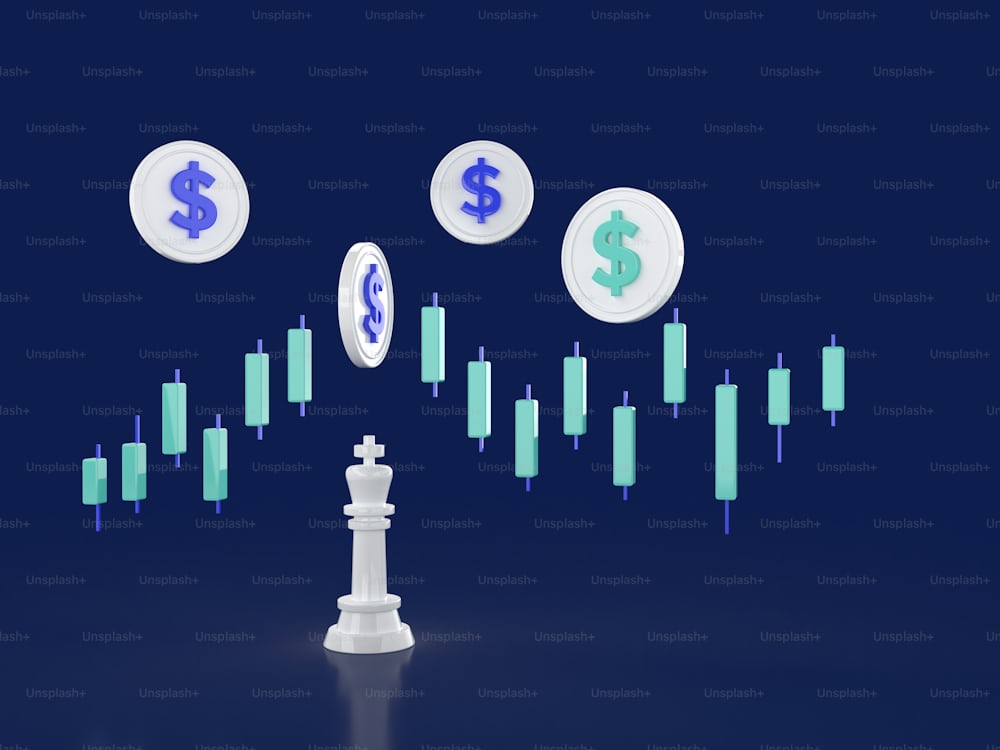
Forex Market: The World's Largest Financial Marketplace
The Foreign Exchange Market (Forex or FX) is the largest and most liquid financial market in the world, facilitating the buying, selling, and exchanging of currencies across the globe. Unlike stock markets, which operate within specific hours, the forex market runs 24 hours a day, making it a highly dynamic and fast-paced trading environment. 🌍💱
How Does the Forex Market Work?
Forex trading occurs in a decentralized, over-the-counter (OTC) market, meaning there is no single exchange that oversees transactions. Instead, trading takes place electronically through a global network of banks, financial institutions, and individual traders.
Currencies are always traded in pairs, such as EUR/USD (Euro vs. U.S. Dollar) or GBP/JPY (British Pound vs. Japanese Yen). The value of one currency is determined relative to another, allowing traders to profit from price fluctuations. 📉📈
Key Players in the Forex Market
- 🏦 Central Banks – Influence currency values through monetary policy and interest rate decisions.
- 💼 Commercial Banks & Financial Institutions – Facilitate large-scale transactions and interbank trading.
- 🌐 Corporations & Businesses – Engage in forex transactions for international trade and investment.
- 👨💻 Retail Traders & Speculators – Individuals who trade currencies to profit from exchange rate fluctuations.
Why is the Forex Market Unique?
- ✅ Largest Trading Volume – Over $7.5 trillion traded daily as of 2022.
- 💧 High Liquidity – Easy to enter and exit positions without significant price changes.
- ⏰ 24-Hour Market – Open from Sunday 22:00 UTC (Sydney) to Friday 22:00 UTC (New York).
- ⚡ Leverage Opportunities – Control large positions with small capital.
- 📍 Global Reach – Trading hubs in New York, London, Tokyo, and Sydney.
How Do Traders Profit in Forex?
- 📆 Day Trading – Open and close trades within the same day.
- 📊 Swing Trading – Hold trades for days to capture larger price movements.
- ⏱️ Scalping – Execute many small trades on tiny price moves.
- 💹 Carry Trade – Profit from interest rate differences between two currencies.
What Influences Forex Prices?
- 📈 Interest Rates – Higher rates attract investors and strengthen a currency.
- 📉 Inflation & Economic Growth – Strong economies usually have stronger currencies.
- 🌍 Geopolitical Events – Political tensions or uncertainty can shake currency prices.
- 🏛️ Central Bank Policies – Announcements by major banks (e.g. Fed, ECB, BOJ) can move the market.
Forex Trading Risks & Considerations
- ⚠️ High Volatility – Prices can shift suddenly due to news or economic events.
- ⚠️ Leverage Risks – Amplifies both profits and losses—use cautiously!
- ⚠️ Lack of Regulation – Unlike stock markets, forex has limited oversight in some regions.
Conclusion: Is Forex Trading Right for You?
The forex market offers exciting opportunities due to its size, liquidity, and accessibility. But success requires a solid understanding of the market, smart strategy, and disciplined risk management. 🙌 Whether you're a beginner or a seasoned trader, forex can be a valuable tool—if used wisely.
